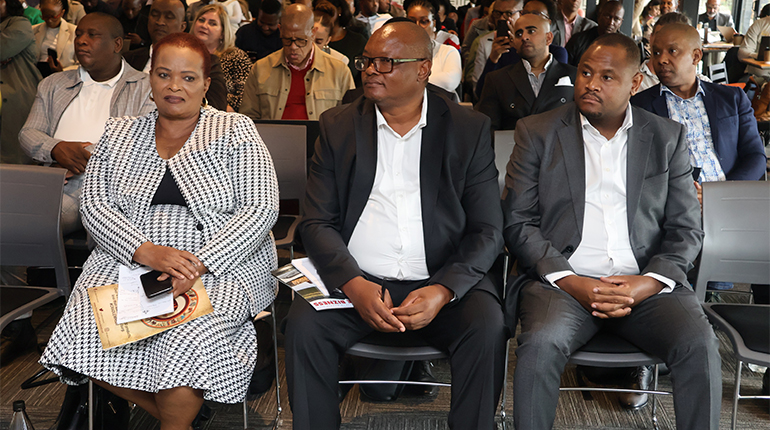
Almost 5 years ago in his 2020 State of the Nation Address, President Cyril Ramaphosa announced a vision of South Africa’s first ever Smart City, the Lanseria Smart City – a multi-billion development to be developed in Mogale City, the Cradle and birthplace of all humankind.
A massive project that spans land pockets across the three municipalities of Joburg (42%), Mogale City (38%) and the City of Tshwane (15%), and sharing a border with the North West’s Madibeng Local Municipality (5%).
With substantive groundwork done subsequently leading to the development of the Greater Lanseria Master Plan by the Gauteng Provincial Government, all key stakeholders gathered in a boutique hotel in the city’s scenic Cradle of Humankind World Heritage Site for the Smart City Stakeholder Summit on 9-10 April 2025.
The Summit was scheduled to primarily address planning, co-ordination, and implementation challenges in the Lanseria Smart City project drawing in an array of stakeholders including municipalities, government entities, private sector role-players, potential investors, developers, civil society, research institutions, and local communities.
Given the magnitude, complexity, and transformative potential of the Smart City, it was vital to bring together all the key role-players and interested parties. Also ensuring that in line with the President’s vision of creating a high-tech, eco-friendly urban area the Smart City sets out to become a model for sustainable urban development and economic growth, calling for strong alignment among the said wide range of participants.
Despite significant strides in concept development and stakeholder engagement, shortfalls in spatial planning, roles and responsibilities, funding mechanisms, coordination, and implementation between municipalities and provincial government seem to continue. These deficiencies do not only threaten to delay project timelines and impact stakeholder alignment, but also adversely impact resource allocation, and operational synergies.
The 2-day Summit therefore aimed to serve as a platform for addressing these challenges, fostering dialogue, and strengthening collaboration among stakeholders to ensure the project’s success. Facilitated by the Gauteng Growth and Development Agency, the Summit was attended by the Deputy Minister of Public Service and Administration, Executive and Acting Mayors from Mogale City Local Municipality, City of Johannesburg, Madibeng Local Municipality, Executives from key government departments and a wide spectrum of partner officials. The Summit further facilitated discussion and co-creation around governance models, sustainability, spatial integration, digital infrastructure, and economic inclusivity.
After welcoming all delegates to Mogale City, the City of Human Origins, Executive Mayor Councillor Lucky Sele delved into the city’s vision in the context of the Smart City to transform a perceived small town into a thriving city which many still see as a dream. “Whilst the development will bring modernization, sustainable growth, economic development, and more positive outcomes to the city, it will further enhance the rich heritage of Mogale City.
From advancing key sectors such as tourism, Agri-processing, hi-tech manufacturing and distribution among others, the Smart City development will also crowd in local and international investment, see the creation of innovation hubs creating ample jobs for local and surrounding city areas, call for smart waste management and numerous other innovative initiatives to benefit the city and its people.
In line with this, back home the municipality has commenced work on the development of a Precinct Plan to be concluded in 2026 in relation to the Cradle of Humankind World Heritage Site, the airport, human settlements and others.
